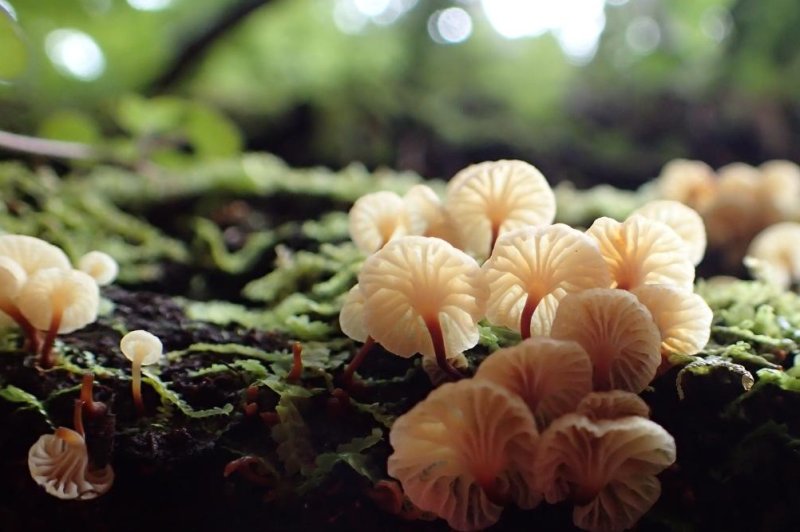Fungi played an essential role in the creatine of an oxygen-rich atmosphere on early Earth. Photo by
Pixabay/CC
Dec. 18 (UPI) -- Life on Earth wouldn't be possible without fungi, new research suggests.
Plants serve as the base of most of the food chains on Earth. Along with animals, they dominate almost every ecosystem on the planet. But new analysis suggests fungi were equally vital on early Earth.
Researchers at Leeds University in Britain grew plants and fungi under lab conditions replicating the environment on early Earth. They plugged the results of their experiments into models approximating the evolution of early life and found fungi were essential to the development of an oxygen-rich environment.
Though plants performed the photosynthesis that harvested the sun's energy and converted carbon dioxide into oxygen, fungi provided the nutrients that allowed plants to thrive.
Today, plants can draw nutrients directly from the soil. But the roots of the earliest plants were less able and the soil they encountered was devoid of organic material. Thus, fungi were essential.
Fungi perform a function called "biological weathering." They produce organic acids that break down the rocks and mineral grains they grow on. On early Earth, the process freed up essential nutrients that could be accessed by plants. The plants, in turn, provided fungi with carbon.
In the lab, scientists tested the gas exchange rates between plants and fungi. Several ancient fungi types still exist today. Some ancient fungi broke down minerals faster than others, which, in turn, impacted how quickly and efficiently plants could convert CO2 into oxygen.
"We used a computer model to simulate what might have happened to the climate throughout the Palaeozoic era if the different types of early plant-fungal symbioses were included in the global phosphorus and carbon cycles," Leeds researcher Katie Field said in a news release.
Their analysis showed different types of fungal communities could have had a significant impact on the evolution of the planet's atmospheric makeup. The researchers published their findings in the journal Philosophical Transactions B.
"Photosynthesis by land plants is ultimately responsible for about half of the oxygen generation on Earth, and requires phosphorus, but we currently have a poor understanding of how the global supply of this nutrient to plants works," said researcher Benjamin Mills. "The results of including data on fungal interactions present a significant advance in our understanding of the Earth's early development. Our work clearly shows the importance of fungi in the creation of an oxygenated atmosphere."















